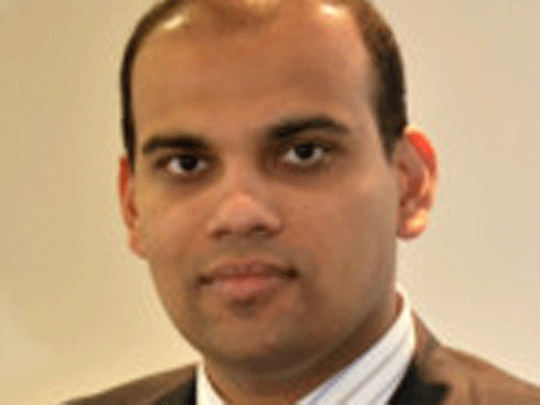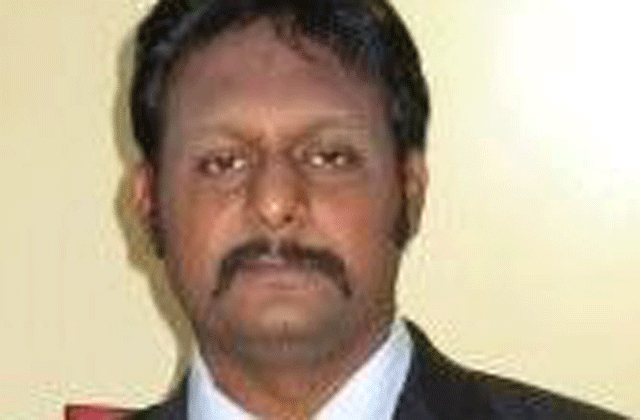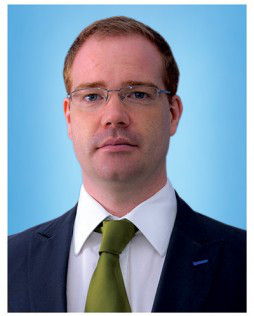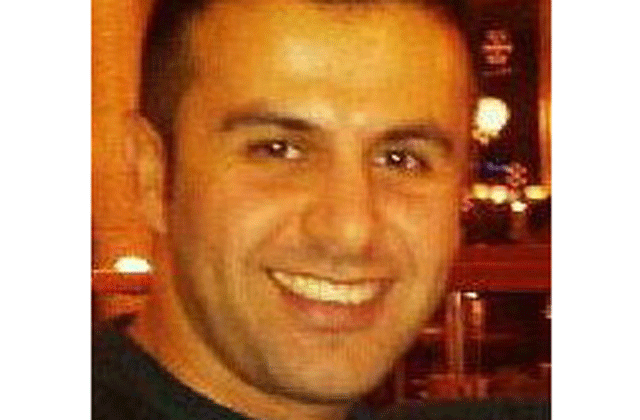
In democratic societies, people need to get involved in the process of elections, because it’s one thing to be politically aware and another to wilfully not cast a vote. If people are not part of the process, there is no value in the elections. So, unless people become ideologically aligned, there is no use in having elections. It doesn’t matter whether you consider yourself right or left-wing or moderate; it is vital to make a decision and to be involved. In turn, politicians need to make decisions according to the party that they belong to, as it is their responsibility to do so, and if they fail to, they will definitely be held accountable. Political ignorance does not give politicians ultimate power to pursue their own agendas because if they fail to deliver, they will simply be thrown out of power. Whether you are forced to vote for a certain party or politician or not doesn’t matter, because once you cast your vote, it is nobody else’s business. I don’t believe in having a lot of choices in terms of candidates, rather a need for diversity among political parties. At the end of the day, politicians have to fight to win the elections and once they actually do, they need to deliver in order to stay, as otherwise, they will simply be dismissed. Performance matters. However, change cannot come immediately. Elections do bring change but it is a sustained process, so we cannot expect to see it occur in one day.
From Mr Ali Wahab
Pakistani investment banker based in Sharjah
Political ignorance does in fact nurture and empower the country’s elected leaders to pursue their own agendas, oblivious to the fact that the population they lead have put their trust in them. In todays tech-savvy and materialistic lifestyle, combined with the furious pace of everyday living to make ends meet, little or no importance is given to political education in the community in general. India, still on the path to development, remains largely rural, with a majority of the population well below the poverty line. Most campaigning focuses on these areas that aggregate the majority of the country’s inhabitants and play a key role in the deciding votes. The youth, though vibrant and eager, are drawn away from the inherently corrupt world of Indian politics and seek refuge in more developed nations, finally migrating to a seemingly better quality of life. Historically, India, though democratic, has been ruled by the Gandhi family (a monarchy of sorts) for decades, and this family still plays an important role within the power circles. We have, and are witness to the same collegiate of candidates who have been at the helm with different portfolios within different states, with marginal measures of success, negated by the onslaught of being caught up in scandals and scams. I don’t see any immediate change that will allow an honest person to get further than being a street spokesperson, given the extremely complicated hierarchy that exists on the way to the top. Elections, at the grassroots level, do not impact the economy or any of the other metrics that the country is measured on, as these are long-term results that are brought about by changes in foreign policy, foreign direct investment, privatisation, and so on. What it does affect is a general rating of the government on the common man’s graph, and it doesn’t really go any further than that, reason being that a few months into a ruling party’s term, heated debates, accusations, civil unrest, strikes, demonstrations, inquisitions into corruption, and other internal disagreements shift the focus from development and moving the country forward, to resolving in-house disputes.
From Mr Gregory Gomes
Indian associate safety and health manager based in Dubai
I do agree that political ignorance gives politicians the power to pursue their own agenda. This is evident in various parts of the world where the citizens of the country in question are not bothered to vote, as they have lost faith in the electoral process. It is very unfortunate that once we get a chance to make a choice, we do not take it and we can blame this on ourselves or we can blame it on the state and lack of education. The truth is that growing up, we are never prepared for the day that we get to vote and suddenly we are shuffled into the voting system with no idea of what to do. Being politically aware is vital in this age as we now have the right to contribute and have a say in society. However, we tend to lose faith when election after election shows a lack of diversity in parties and candidates, so we draw the conclusion that voting is of no use. This is wrongful thinking and the reason why gaps are created in society, because we lose hope in seeing change. For elections to bring change at a grassroots level, a lot of time and effort is required. It does happen, but it is a long process. The system of voting is there for a reason, and the fact that we now do have the choice shows that change actually does happen but in a sustained pace.
From Mr Sinan Amin
Iraqi doctor based in Gothenburg, Sweden
I’m undecided whether or not political ignorance gives politicians undue power. Why would people experience political ignorance in the first place? Do people perhaps feel powerless? Do they feel that with one vote, they will not be able to have an impact? Or have they lost hope saying that never mind who is gaining, things for the poor will stay the same? This might link up with the question whether elections make any difference to the basis of society. In Belgium, all citizens have a duty to vote and if you do not comply with that, you’ll be fined. Especially for the younger generations, social media has become not only a platform for grassroots opinion forming, but also a tool to influence and reach wider audiences. Twitter posts, for instance, cannot only be liked, but can be forwarded and reposted, which multiplies the potential outreach of an opinion or message. The important thing is having the opportunity to make your voice heard. It is about being able to transfer your rights to a person/party that can provide the basic functions of a government so that you feel you can drive the change in your country that is needed. I do not think it matters how many candidates are within the pre-elective list. Countries in which the political organisation is based on a two-party system, such as the US, will not see too many candidates on the ballot list. This includes the US (presidential) elections, and until recently in the UK you had, most of the time, only two parties which put forward promising candidates. Essentially, elections have never been for the grassroots level, as it was meant for the elite and not for the workers.
From Mr Kai Bruns
German assistant professor in international relations based in Dubai
Ignorance is giving away power to someone else, ignorance is impotence. As long as we are ignorant, passive, feeble, the power-elite have the opportunity to play the game to their own gain. We are fooled into believing that the removal of the label ‘monarchy’ or ‘dictatorship’ is equal to ‘democracy’. That by filling in a ballot, choosing this politician over the other, we are ‘making our voice heard’ - that is giving a lot of power to a piece of paper. One more or less name on that paper, does it make any difference? Think about it. Is it another person in the political elite we should fight for, or perhaps is it for a local library or a new nursing home? Instead of complaining that politicians never do anything maybe we should get out there and do something about it ourselves! A healthy society has to grow from the bottom and work itself up, rather than the other way around. This is basics; these are things we learnt in school. Trees can not grow from the crown to the roots; a house cannot be built from the roof to the ground. Democracy is people’s power and not politician’s power nor the power of a paper in a box on election day. We are the system. If we don’t have knowledge and don’t get involved in politics, then there is no democracy, then there is no point in an election. We are dangerously close to giving the politicians the divine power to pursue their own agenda, to rule as they please. But remember, we are the system. Only we can give away our power.
From Ms Maria Brundin
Swedish journalism graduate based in Malmo, Sweden
Facebook comments:
Elections are meaningful only when it creates a result like what India made this time. Still we can’t assure the betterment of baseline voters, as those who invest trillions on the winner’s campaign are aiming at poor men’s rights and budgets written for the poor.
From Mr Yousuf Yasir
Abu Dhabi
Though grassroots level is the main platform of the political pyramid, still, elections or changing of political power doesn’t make any visible difference for them. The benefits of changing power lost its strength when it reached the common people, as it has to go through layers of political filtration.
From Ms Archana Sen
Abu Dhabi
Not at all. Elections can never make any difference at a grassroots level.
From Mr Ma Kawa
Dubai
Elections in India jolted young minds and it was instrumental in getting Indians freedom from nepotism and anarchists.
From Mr Joyveer Ashoke Dutt
UK
- Compiled by Donia Jenabzadeh/Community Web Editor
















